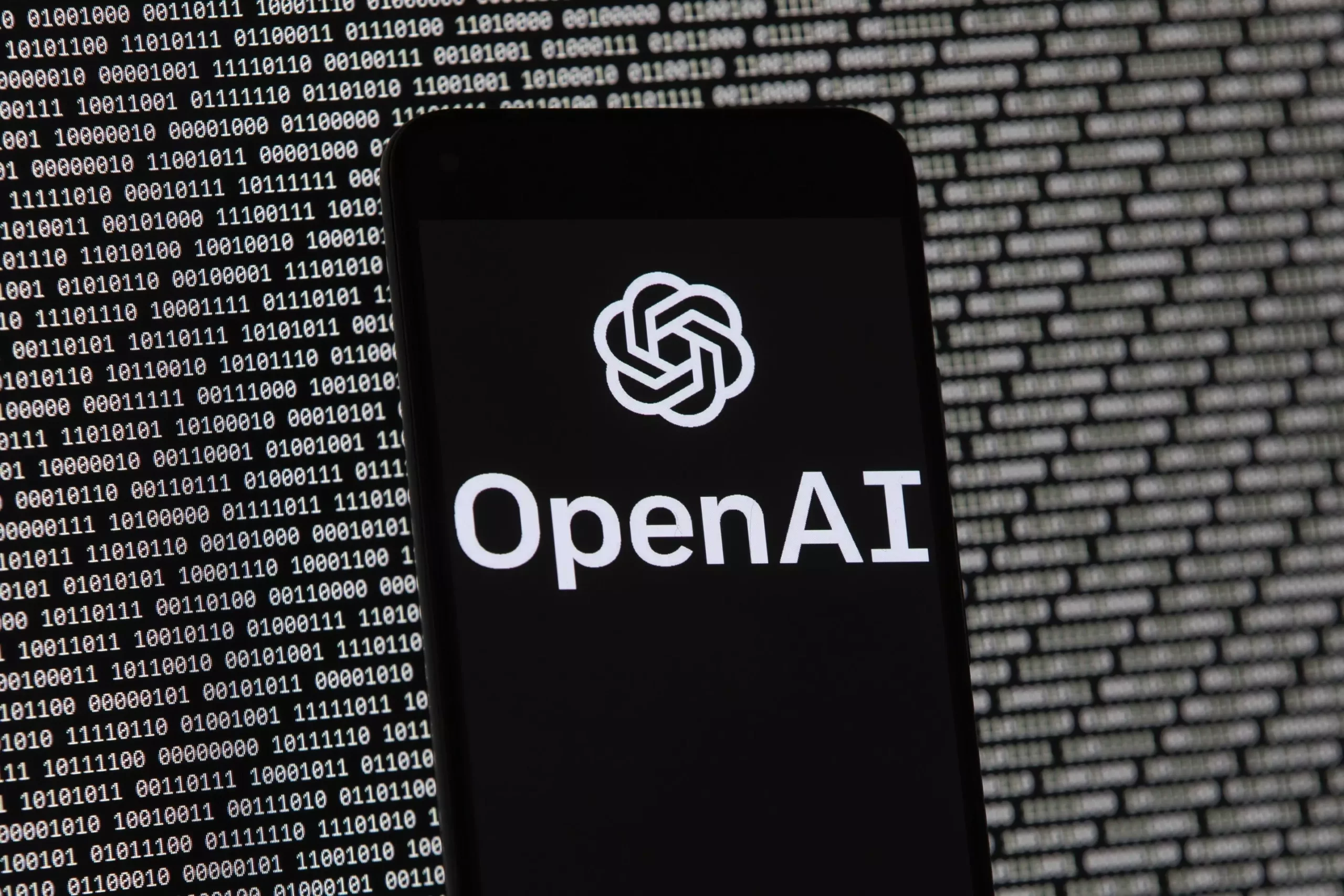In the landscape of artificial intelligence (AI), few organizations have made as significant an impact as OpenAI. Originally founded in 2016 as a nonprofit organization in Delaware and headquartered in Mountain View, California, OpenAI aimed to advance digital intelligence for the welfare of humanity, free from the constraints of profit motives. This focus was evident when they sought tax-exempt status from the Internal Revenue Service (IRS). Yet, as OpenAI has grown and transformed, it raises essential questions concerning its foundational mission, ethical standing, and corporate structure.
Initial Aspirations and the Impetus for Change
At its inception, OpenAI presented a vision that was revolutionary for its time: an organization dedicated to enhancing AI while being guided by altruistic principles. The IRS application submitted by OpenAI conveyed intentions to develop AI capabilities designed merely to play games or perform household chores, tasks that now appear simplistic in the wake of developments like ChatGPT and advanced image generators. This shift illustrates not only the rapid evolution of AI technologies but also the pressure organizations face to adapt to market demands and technological advancements.
Contrary to its early assertions that it would refrain from any commercial endeavors, OpenAI now finds itself at the crossroads of nonprofit and for-profit sectors. The inclusion of a for-profit subsidiary, valued at approximately $157 billion, showcases the paradox that accompanies its mission: while OpenAI asserts its commitment to long-term societal benefits, the pathway to such outcomes seems increasingly intertwined with financial gain.
Clarity in Mission: Evolving Yet Constant
Despite the revolving door between its nonprofit principles and for-profit ventures, OpenAI maintains that its core mission has remained steadfast. This statement condenses the duality within the organization—an ethical compass directing its progress against a backdrop of commercial potential. OpenAI continues to uphold the idea of sharing research openly with the public and claims that applying AI to real-world problems is essential for fulfilling its mission.
However, such claims invite scrutiny. Can a corporate structure designed for profit generation truly align with the altruistic intentions stipulated in its founding documents? Expert opinions, including those from attorneys who focus on nonprofit advisement, suggest that OpenAI has worked meticulously to establish a corporate framework aligned with legal standards. Nonetheless, the legitimacy of this arrangement can be questioned if its current business activities serve more to enrich its stakeholders than to promote its charitable objectives.
Another critical issue lies in the realm of intellectual property. OpenAI’s early declarations of retaining ownership over its developed technologies raise important considerations for transparency and accountability. As AI continues to develop rapidly, the ramifications of these ownership structures become vital, particularly in how the technologies are disseminated to the public. If basic foundational technologies benefit from commercial partnerships, the line between public benefit and private profit becomes obscured.
OpenAI’s commitment to sharing its research as it grows suggests an aspiration to contribute broadly to society. However, the extent to which these intentions culminate in tangible public benefit—especially when juxtaposed with the skyrocketing valuations of its for-profit efforts—remains to be seen. The balance between profit-making and social accountability stands as a critical touchpoint for ongoing discourse as OpenAI continues its ambitious journey.
As OpenAI contemplates further alterations to its corporate structure, the overarching question hinges on whether its evolution benefits the public as originally intended. With its rapid growth and substantial funding, future adjustments must carefully weigh the implications of straying too far from its nonprofit beginnings. Can OpenAI reconcile the dichotomy inherent in its dual framework, or will the pursuit of profit ultimately overshadow its altruistic commitments?
The story of OpenAI encapsulates a broader narrative present in today’s tech landscape where idealism clashes with the market’s realities. As OpenAI ventures further into the realms of both nonprofit ethics and corporate dynamics, it remains imperative for stakeholders, regulators, and the public to maintain a critical eye on its commitments, questioning whether its trajectory continues to align with its foundational goals or instead spirals into a complex matrix of commercial interests that could risk undermining its original vision.

